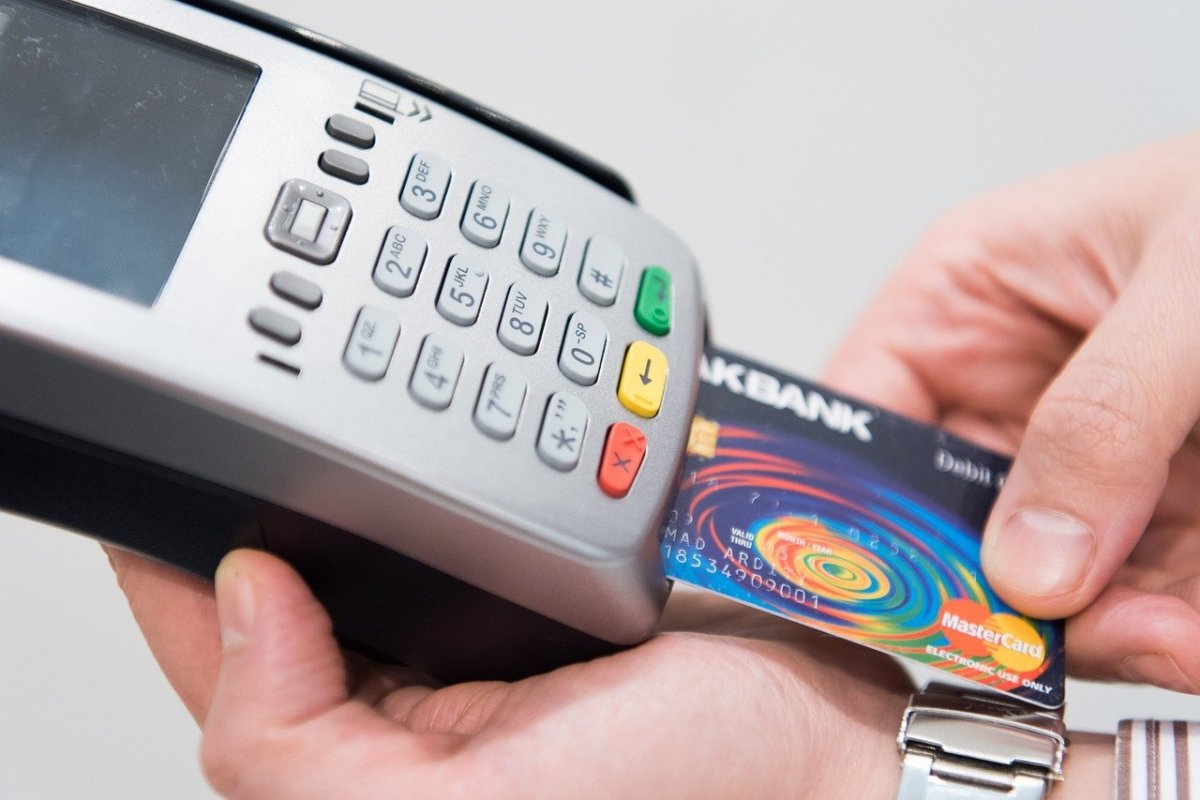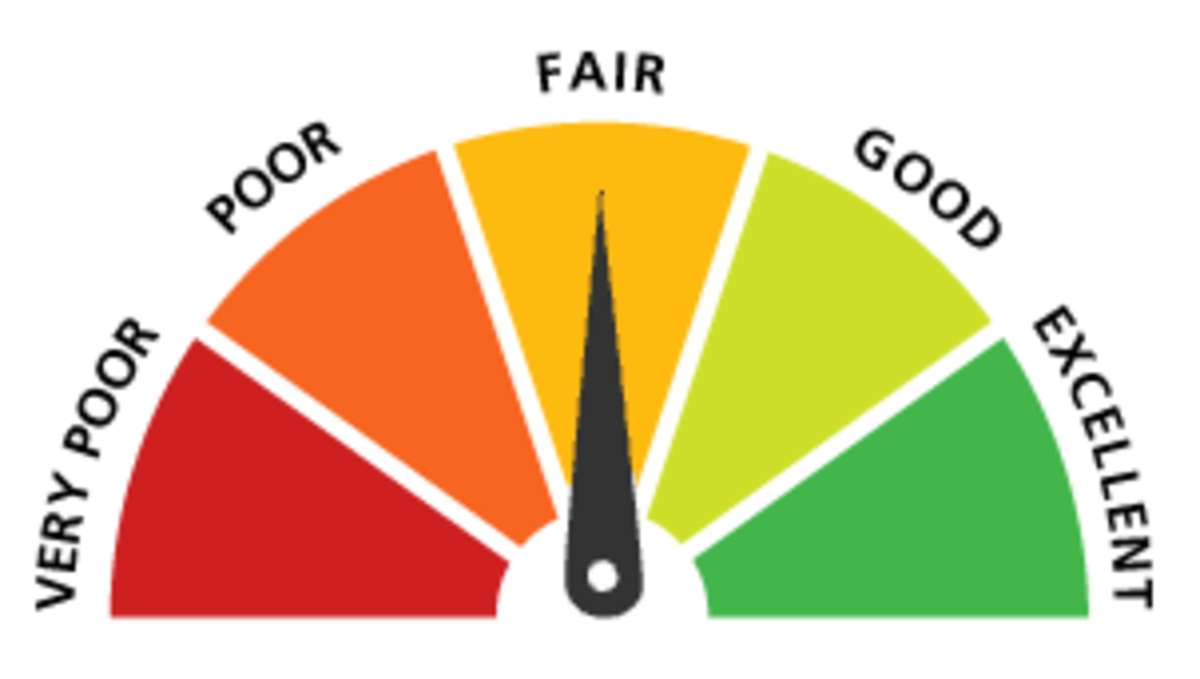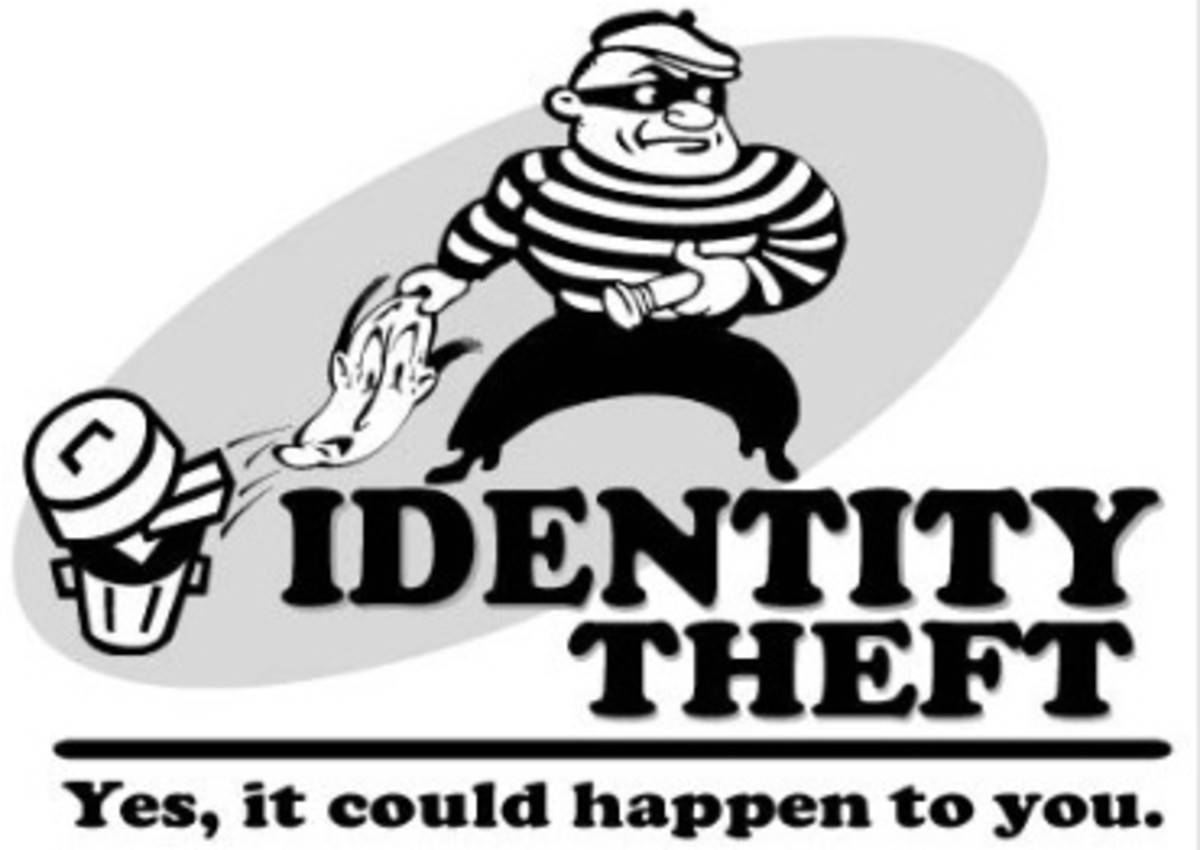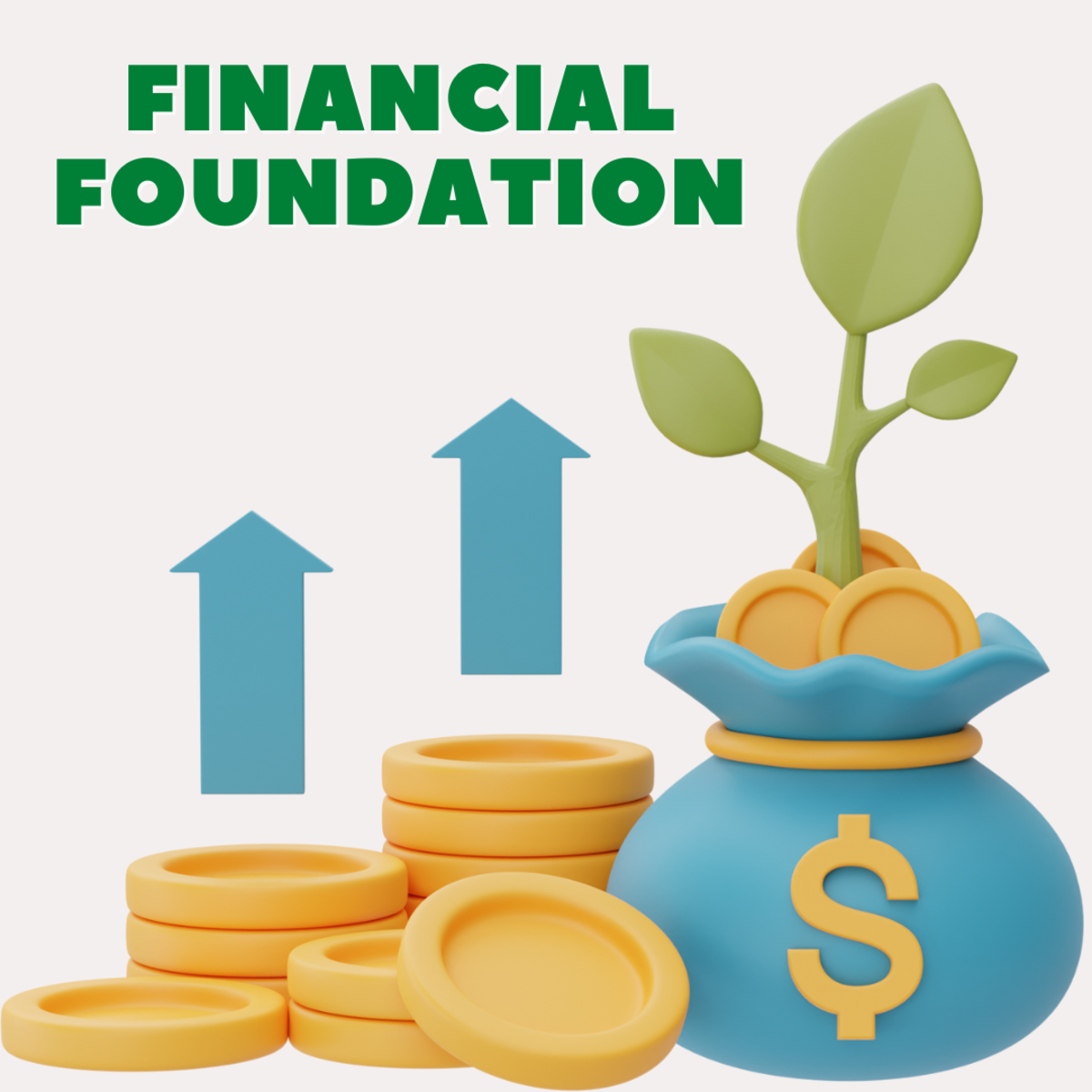3 Easy Steps to Improve Your Credit Score
What Is Your Credit Score
What is your credit score, really? Is it just an arbitrary number? It can seem that way sometimes. What is a good score, a bad one? Is there anything you can do to improve your credit score?
Your credit score is a number assigned to you by a credit reporting agency. The three major reporting agencies each have their own way of computing your score, but they all use similar methods. Potential lenders will look at your credit score to judge your risk of defaulting. A high score shows that you pay your bills on time and a low score may indicate that you are frequently late, or have declared bankruptcy and not paid your bills at all. A perfect score is 850, however, anything over 700 is considered good. Go under 600 and you will find it more difficult to find a loan with a reasonable interest rate.
But it is not just lenders who are looking at your credit score. Now auto insurance companies are raising their car insurance rates on drivers with low credit scores, and many employers will pass you by if you have a low score.
A low credit score can cost you higher interest rates, higher car insurance, and make it more difficult to fine a job. It is worth spending some time to make sure you have the highest credit score possible.
Get Your Free Credit Report
I have to admit I like the catchy jingles and the cute commercials from the company that advertises free credit reports. But you are going to need to sign up for their service to get your free report, and you don't want to do that. The only place you should go for your free credit report is www.annualcreditreport.com. This is the only site authorize by the Federal Reserve. You can get a free credit report from each of the three reporting agencies once every year. But you don't need to get them all at once. I recommend getting a free report every 4 months, each time from a different agency. That way you can keep close tabs on your credit all year long.
Now that you have your free report, check it carefully for inaccuracies. If you find anything that is wrong you can contact the credit reporting agency to fix it. If there are negative items on you can dispute them. A dispute will not remove the item from your credit report, but your dispute will be included with the report allowing creditors to make their own judgment.
If you have negative items on your credit report that are accurate and you cannot dispute, know that they will stay on your credit report for seven years. Bankruptcies will be reported for ten years. There is no secret to removing these items from your credit report despite what some scammers would like you to believe.
Sample Dispute Letter
Thanks to the Federal Reserve for this sample credit dispute letter.Make sure to enclose copies (not originals) of any documentation you have to support your dispute.
Sample Dispute Letter
Date
Your Name
Your Address,
City, State, Zip Code
Complaint Department
Name of Company
Address
City, State, Zip Code
Dear Sir or Madam:
I am writing to dispute the following information in my file. The items I dispute also are encircled on the attached copy of the report I received.
This item (identify item(s) disputed by name of source, such as creditors or tax court, and identify type of item, such as credit account, judgment, etc.) is (inaccurate or incomplete) because (describe what is inaccurate or incomplete and why). I am requesting that the item be deleted (or request another specific change) to correct the information.
Enclosed are copies of (use this sentence if applicable and describe any enclosed documentation, such as payment records, court documents) supporting my position. Please investigate this (these) matter(s) and (delete or correct) the disputed item(s) as soon as possible.
Sincerely,
Your name
Enclosures: (List what you are enclosing.)
Pay Your Bills On Time
i cannot tell you how important this step is. Late pays look bad on your credit report. I find it best to set up all bill pays on automatic bill pay through my bank. This way all I need to do is make sure there is enough money in the bank to cover the bill payments. You can set up your automatic payments to pay just the minimum payment due. Then when you have the cash to spare, just make an extra payment to your credit card.
Late payments not only affect your credit report, they can be costly. Credit card companies charge large fees for late payments, and may even raise your interest rates. If you are in a position where you cannot even make your minimum payments, contact your credit card companies right away. Don't wait until you go into default. Once they send your account to a collection agency it is too late.
Pay Down Your Credit Cards
You know what they say. It is easiest to borrow money when you don't really need to! Creditors don't like to see maxed out credit cards. A credit card that is at or near the limit, not only is at risk for going over limit and incurring more fees, it may appear to creditors that you are not good at controlling your spending. Try and keep your credit card balances to no more than 50% of your limit. On the other hand, too much available credit can work against you. What if you suddenly decide to max out all your cards? Will you still be able to make your payments? So limit the number of credit cards you have to just two or three.
Beware of Scammers
There are many companies that claim that they can remove negative items from your credit report and improve your credit score...for a fee. Don't be fooled. There are no magic tricks to improving your score. Pay your bills on time, don't go over your limit, and check your credit report frequently for mistakes and inaccuracies.








